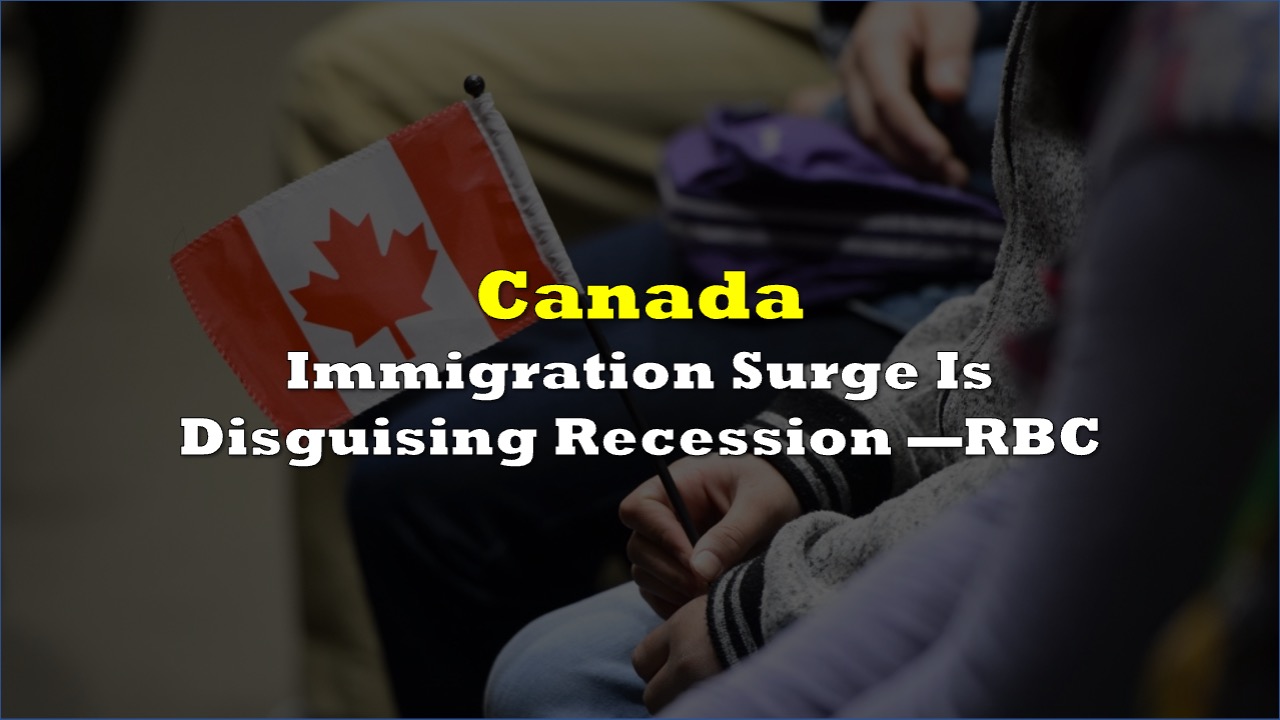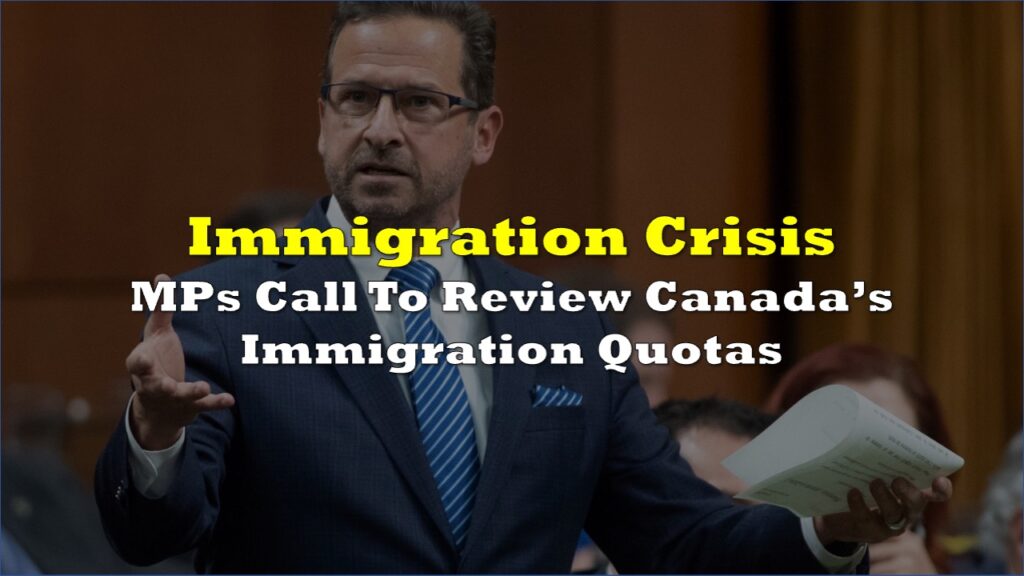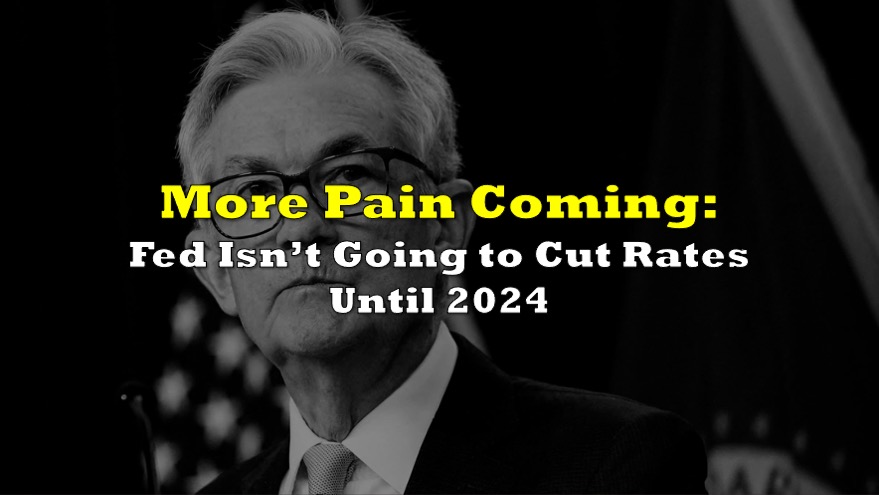If it feels like a recession but the numbers say it’s not, it’s likely because the numbers are blown out of proportion by the recent surge in immigration, according to a recent analysis by the Royal Bank of Canada (TSE: RY). Despite avoiding a technical recession, the country is experiencing a decline in per capita output and rising unemployment rates.
According to the report, Canada’s economy has continued to expand, largely due to an unprecedented surge in population. Since mid-2022, the country has welcomed 2.1 million new consumers, representing a 6% population increase. This influx has bolstered overall economic figures, preventing consecutive GDP declines that typically define a recession.
This piece from RBC is a must read. Surging population growth is masking what, at an individual or family level, looks more like a recession.
— Dr. Mike P. Moffatt 🇨🇦🏅🏅 (@MikePMoffatt) July 21, 2024
Link: https://t.co/hPMW0m4If0 pic.twitter.com/aPnwWOOjms
The report highlights some concerning trends beneath the surface. Real per capita GDP has fallen in six of the past seven quarters, now sitting 3.1% below 2019 levels. Household spending per person, adjusted for inflation, is down 2.6% from its post-pandemic peak and 2% lower than pre-pandemic figures.
The unemployment rate has also seen a notable uptick, rising by 1.6 percentage points. While this increase is smaller than those observed in major recessions, it is historically significant. RBC notes that Canada has not experienced such a rise in unemployment without an accompanying recession since the 1970s.
The report attributes these challenges to the lingering effects of high inflation and aggressive interest rate hikes implemented by the Bank of Canada in 2022-2023. These factors have eroded household purchasing power and dampened consumer demand.
RBC anticipates some relief as the Bank of Canada begins to ease monetary policy. The bank has already cut interest rates by 25 basis points in June, with RBC forecasting three additional cuts by year-end. This easing cycle is expected to alleviate pressure on households, particularly those with variable-rate mortgages and credit market debt.
While the economic outlook remains challenging in the short term, RBC projects a return to positive per capita growth in the latter half of 2025. This recovery hinges on the gradual fading of interest rate headwinds and the assumption that labor market conditions do not significantly deteriorate.
Information for this story was found via the sources and companies mentioned. The author has no securities or affiliations related to the organizations discussed. Not a recommendation to buy or sell. Always do additional research and consult a professional before purchasing a security. The author holds no licenses.









